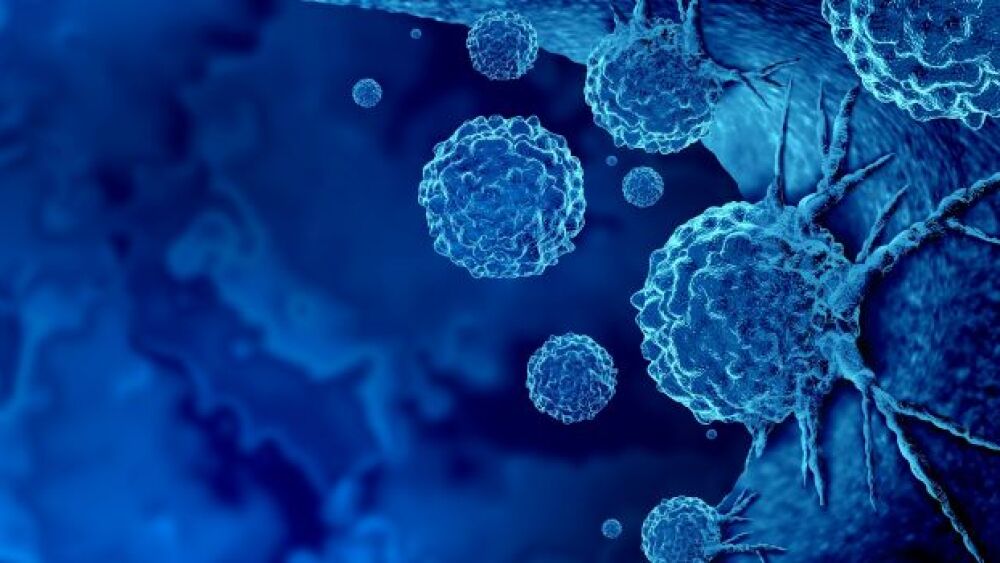The company says it plans to file an IND for the candidate, dubbed CFT8919, by the middle of next year.
New England-based biopharma company C4 Therapeutics says it is advancing its novel degrader of epidermal growth factor receptor (EGFR) into non-small cell lung cancer (NSCLC) investigational new drug (IND)-enabling studies.
The company says it plans to file an IND for the candidate, dubbed CFT8919, by the middle of next year. The goal is to initiate the EGFR degrader into Phase I/II trials by the end of 2022.
In vitro and in vivo models have shown that CFT8919 is active as a single agent in EGFR L858R-driven NSCLC without resistance-causing secondary EGFR mutations. The agent has also demonstrated activity in similar models harboring secondary resistance mutations, including C797S and EGFR T790M. Prior models have shown CFT8919 exhibits intracranial activity as well, suggesting the candidate could hold clinical relevancy in the treatment of brain metastases.
“Together, these data suggest CFT8919 may be active, as a single agent, in patients with resistance to EGFR inhibitors due to secondary mutations in EGFR, including T790M and C797S, as well as in the front-line setting with the potential to avoid the emergence of resistance-causing secondary EGFR mutations seen with currently approved EGFR inhibitors,” the company said in a statement.
C4 Therapeutics announced several key milestones for its other drug candidates this year, including the initiation of patient dosing for CFT7455, the company’s novel IKZF1/3 degrader. The first-in-human Phase I/II trial for the therapy in hematologic malignancies is now open for patient enrollment, and some sites have started to screen patients. Preclinical data shared at the AACR Annual Meeting in April show CFT7455 promotes sustained degradation of IKZF1/3 and durable anti-tumor response in hematologic malignancies.
In addition, C4 Therapeutics said it plans to submit an IND application for CFT8634, the company’s orally bioavailable BiDAC degrader targeting BRD9, in 2H 2021 for the treatment of synovial sarcoma and SMARCB1-deleted solid tumors.
The company also said it would advance the BRAF program into IND-enabling studies this year. This program is working to develop an orally bioavailable BiDAC degrader that targets BRAF V600E mutations for the purposes of treating genetically defined solid tumors, such as locally advanced or metastatic melanoma and NSCLC.
Roche, which transformed an ongoing research and development collaboration with C4 Therapeutics back in 2019, is named a partner involved in the development of the BRAF program. C4 Therapeutics launched three years prior to the partnership transformation with $73 million in Series A financing and a collaboration deal with Roche.
C4 Therapeutics also said it is working toward continuing its lead optimization activities for its RET program this year. The RET program is currently working on the development of another orally bioavailable BiDAC degrader, with this one targeting genetically altered RET for the purposes of treating solid tumors. Areas of treatment interest include relapsed or refractory NSCLC as well as sporadic medullary thyroid cancers resistant to RET inhibitors.





